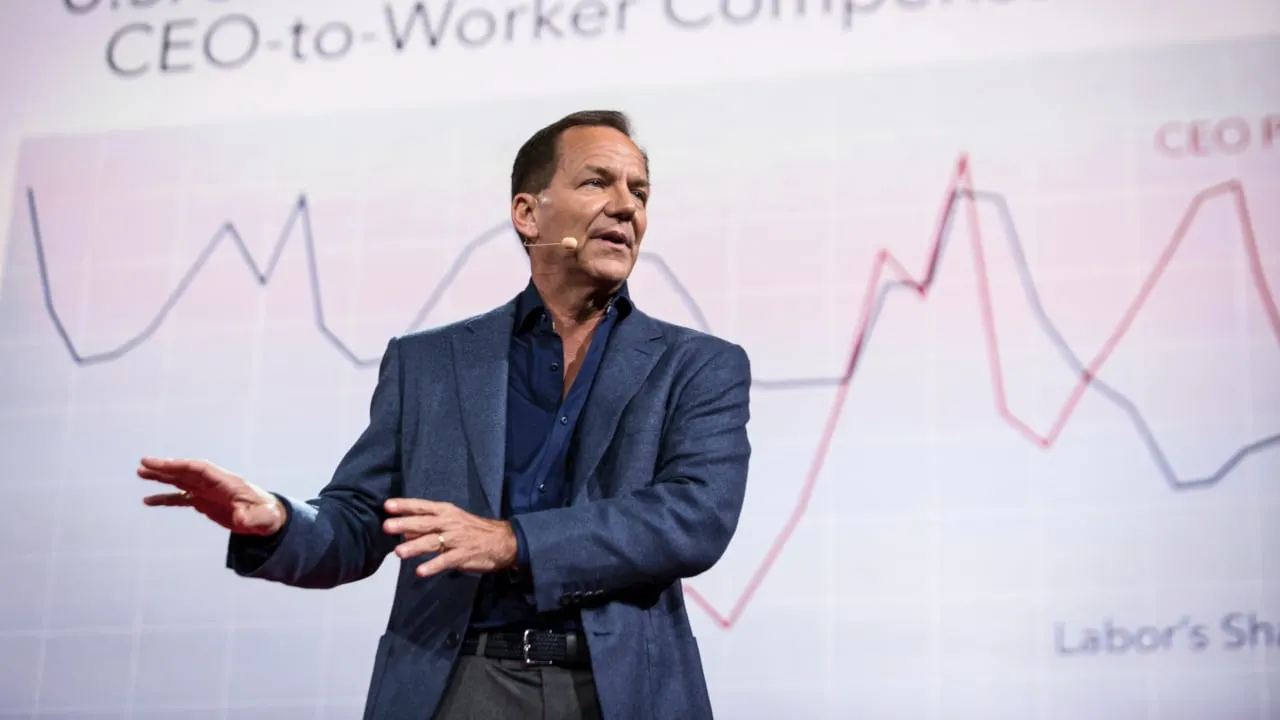Top investor Paul Tudor Jones said today that Bitcoin is a good option during today's current "threatening geopolitical environment."
The billionaire hedge fund manager said in an interview with CNBC Tuesday that we are living in a "really difficult time" with the Israel-Gaza war, Russia's invasion of Ukraine and China and U.S. tensions.
He also noted that the U.S. was probably in its "weakest fiscal position since certainly World War II," and that China, Russia and North Korea were run by "sociopaths."
And for that reason Bitcoin is a good choice for investors—along with traditional safe haven asset gold, he claimed.
"I like Bitcoin and I like gold right here," Jones said, adding that both assets should "probably take on a larger percentage of your portfolio than historically they would."
He continued by saying that the Federal Reserve aggressively hiking interest rates could tip the American economy into a recession.
Bitcoin bulls have long said that the asset could be used as a safe haven during times of economic crisis.
Jones is one billionaire investor who has previously spoken about how he thinks Bitcoin is a hedge against inflation.
"Bitcoin is math, and math has been around for thousands of years," he said back in 2021.
He has also said that the biggest cryptocurrency by market cap was a "way for me to invest in certainty."
At the time he revealed during an appearance on CNBC his increased allocation to Bitcoin, viewing it as a "bet on certainty amid uncertain economic conditions."

